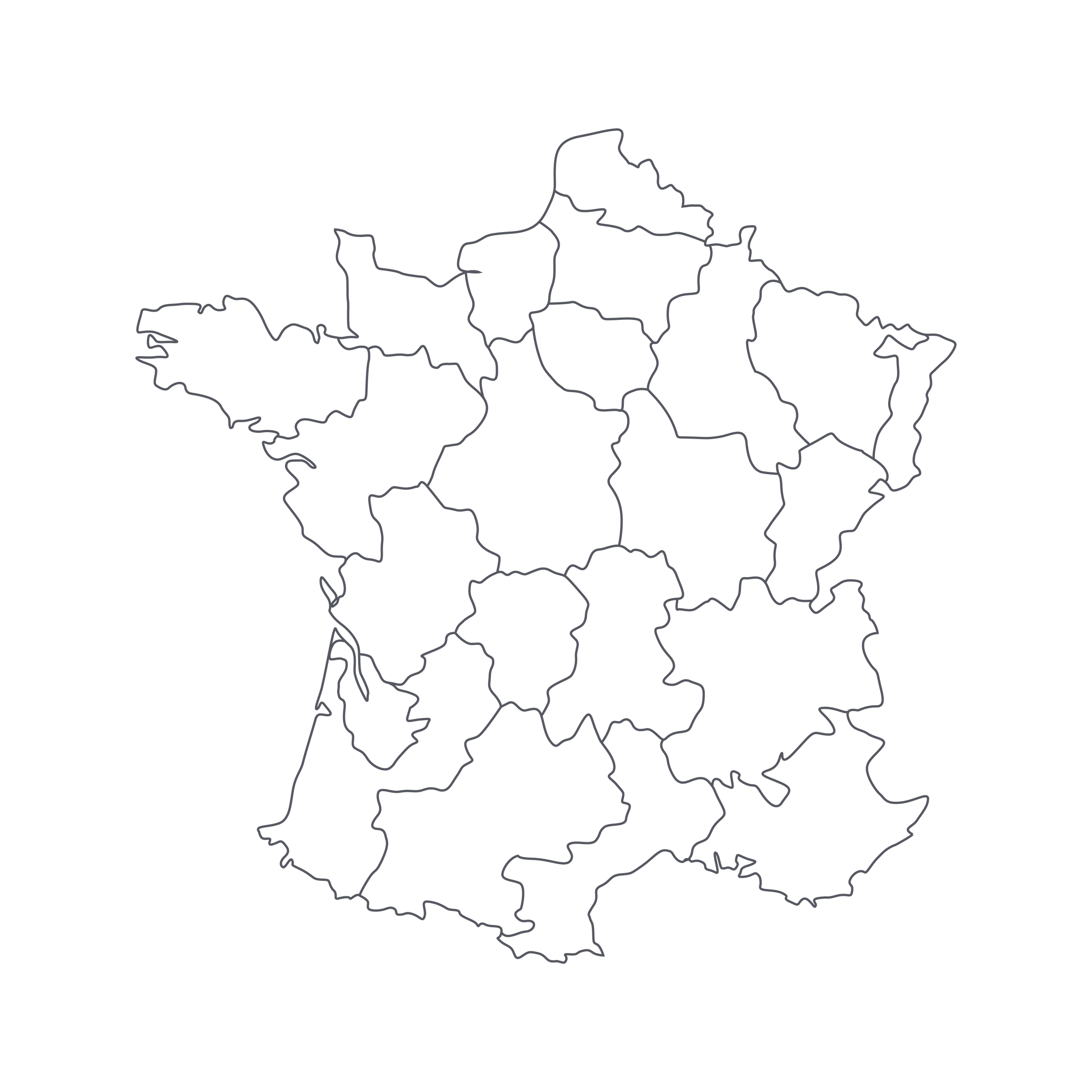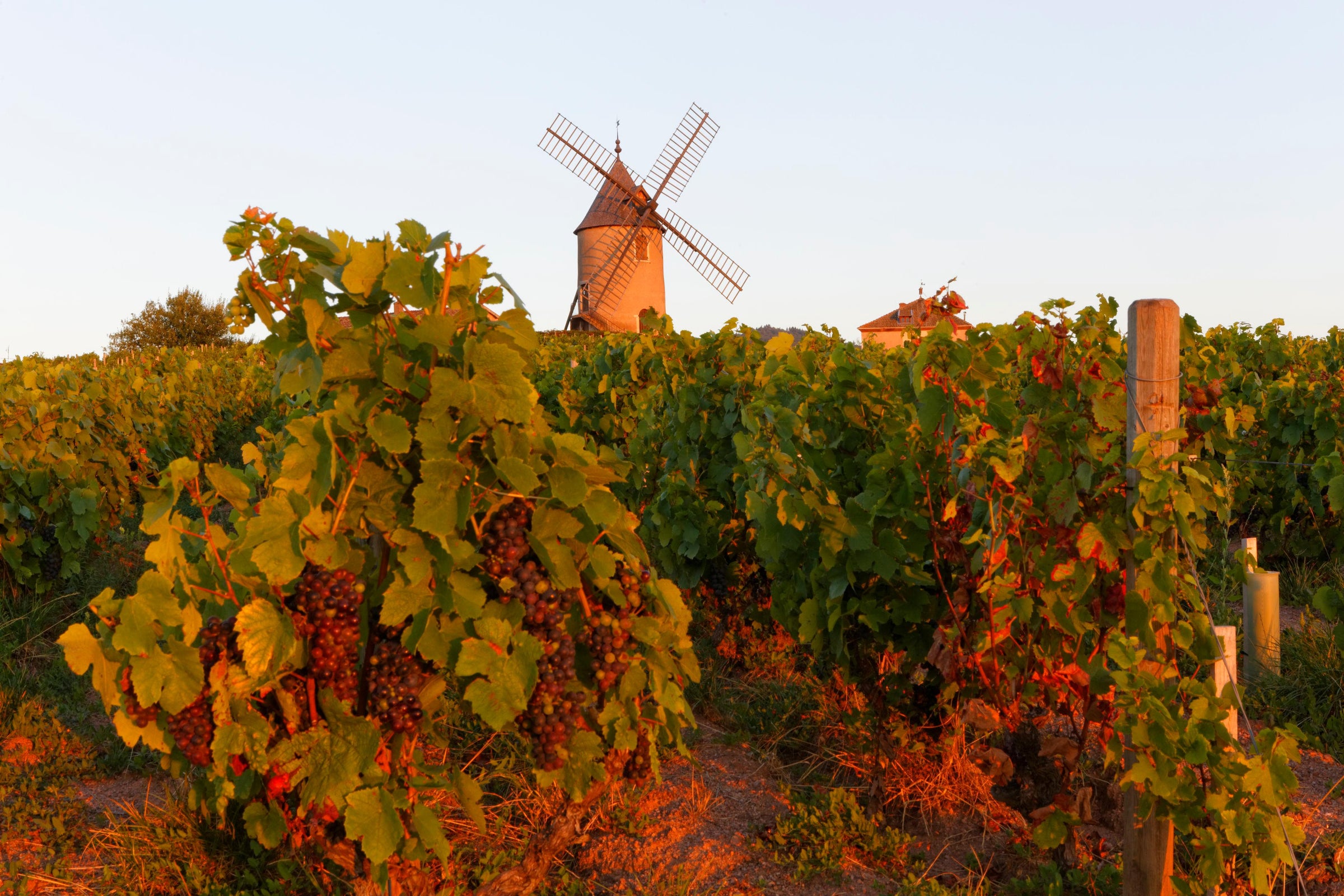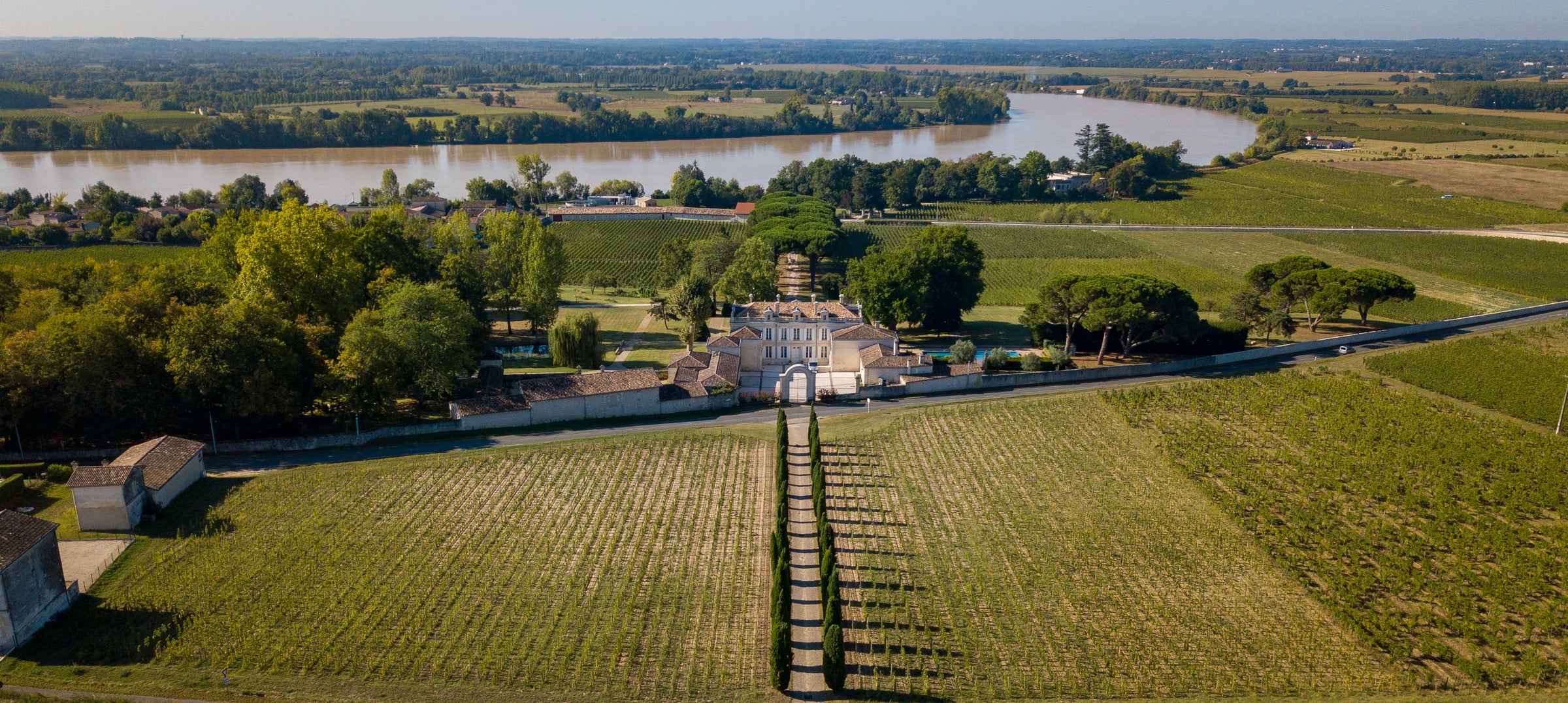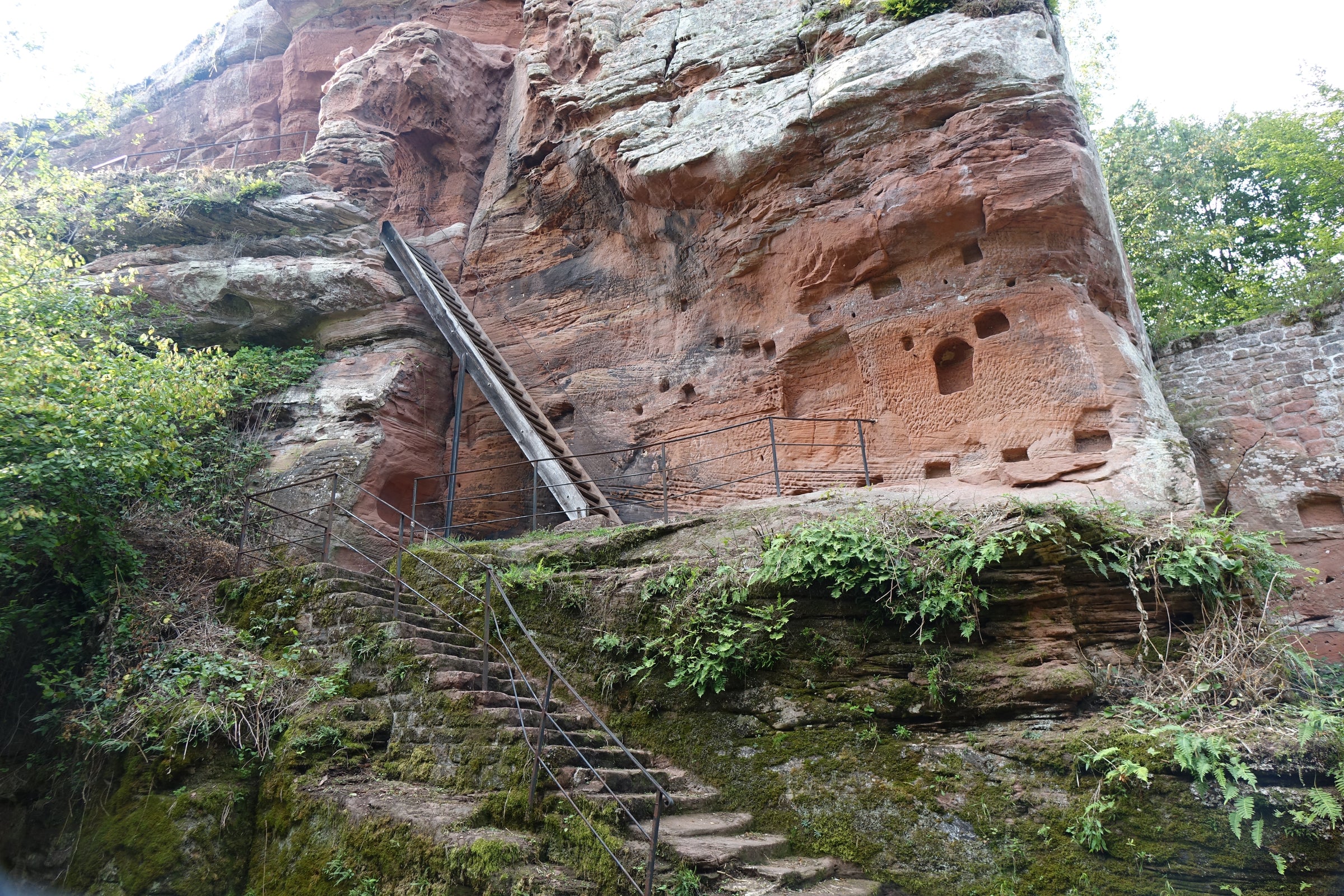For Part II of today’s New World/Old World Syrah showdown, we have one of the most soulful, archetypal wines any lover of this variety could hope to own. To begin with, it’s from Cornas, part of the Northern Rhône’s Holy Trinity along with Côte-Rôtie and Hermitage, and then there’s its master crafters: Ludovic Izerable and Corinne Lionnet of Domaine Lionnet.
You don’t need to speak French to understand what “Pur Granit” means, but it is useful to remind everyone that Domaine Lionnet farms a mere 2.2 hectares of vines in that signature rocky soil. The Pur Granit bottling, which debuted with the 2016 vintage, is the rarest gem in the lineup, and when you consider not just the soul-stirring quality but the aging potential of this 2018, the price is an absolute pittance—I can think of very few collectibles with this pedigree! Whether you enjoy it now or in 15 years, it will move you. Do not miss this opportunity to experience Northern Rhône Syrah at its purest!
Having been a Lionnet devotee since the founding of SommSelect, I’ve said this before: There’s the Cornas you read about in textbooks, then there’s the reality of the market. There simply isn’t much “old school” Cornas bottled anymore, and if you are fortunate enough to find it, bottles tend to either be too young to drink or overpriced. So, it’s a relief, of sorts, to have Lionnet available to us. When Ludovic, a highly talented winemaker originally from the Savoie, married Corinne, whose family has been growing grapes in Cornas since the 16th (!) century, a new—if tiny—wine dynasty was launched.
We all know the expression “bigger is better,” but in wine, the opposite is often the case. Smaller vineyards, smaller cellars, and a focused and humble approach to one’s work reliably deliver the most impressive results. Domaine Lionnet’s case production is in the hundreds, not thousands or tens of thousands, and given the terrain here, grueling physical labor is the only option. Vines are grown 100% organically. All labor—including the grueling work of maintaining stone terraces—is done by hand, and the wines produced here are designed to be cellared for many years before the cork is pulled. This is soil-driven, unapologetically traditional Cornas.
“Pur Granit” hails from a single hectare of southeast-facing vines rooted in, yes, pure granite. These vines were planted between 2008 and 2011 at an altitude of roughly 380 meters, and while Cornas is typically thought of as the deepest, darkest, and most broad-shouldered of the Rhône’s “Big 3,” this wine is characterized by incredible focus, aromatic lift, and mineral purity. In the cellar, all wine travels from press to tank (both concrete and stainless) via gravity flow, no additives or filtration is used, and the wine is left to age for 18 months in old, neutral French oak barriques and demi-muids. And as with all great traditional Cornas after release, the wine still benefits considerably from further time reposing in bottle before drinking.
In the glass, the 2018 “Pur Granit” shows deep, almost opaque crimson and garnet tones moving to a garnet rim. The aromas are a master class in Northern Rhône Syrah: smoked meat, plump red berry fruit, red and black currants, blackberries, and oil-cured black olives. As the wine breathes, ethereal floral aromas of lavender, violets, Ethiopian coffee, and cocoa reveal themselves. As is necessary for truly classic Cornas, there’s a dense iron and granite core, giving this bottle a palpable sense of power and torque. For best results if drinking now, decant for two hours and serve in large Bordeaux stems alongside a stick-to-the-ribs classic like cassoulet. Preparing a proper cassoulet takes time, and such is also the case with this bottle—I cannot stress strongly enough that this bottle is an investment as much as a beverage. It’s delicious and deeply satisfying now, of course, but it will keep improving for at least another 15 years. During that time, the tannins will continue melting away while the fruit deepens and evolves, leaving an increasingly aromatic, exotically spiced, and savory/floral nose. Don’t miss out!








